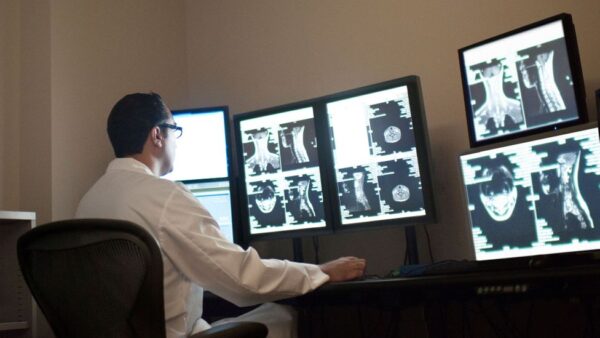Have you ever been interested at the real risk of artificial intelligence that reads answers to IQ tests? This is an interesting interesting area for a number of reasons. It has not been well understood that when we move into future technology will continue to grow and improve. We have seen this with autonomous cars, robots help in many aspects of our lives, and even smart phones with cameras and microphones. Because it becomes more common, there will be various kinds of uses for the technology.
the real risk of artificial intelligence answers answers
One of the most important things to consider is whether we will be able to trust the answer or not, this artificially smart system will give. If we cannot fully trust the answers given, how can we believe that the artificial smart computer in the future will not give us a false answer that will cost us and the investment we make in technology? Well, the answer to that question might not come for some time because we really need to develop artificial intelligence that is as accurate as possible.
When asking questions about the risk of artificial intelligence read the answers to our IQ test basically asking is the human mind the same thing with the mind of the computer? Is it vulnerable to errors? Can it be fooled? And if so, how can we protect ourselves from potentially destroying attacks in our future?
The short answer to the question is that yes, the human mind can be fooled, and in fact this is just one of the problems with current artificial intelligence. But it said, we also have to realize that the programmer who wrote this AI program also understands the risk of artificial intelligence in this sense. They recognize potential shortcomings in their programs and they work to try and eliminate this weakness. This may include fixing programming bugs, adjusting the learning process, and testing and correcting programming bias.
Now consider the risk of artificial intelligence reading answers for IQ tests. There are two main problems here. The first risk is that artificial intelligence answers questions regarding whether certain sentences are true or not only based on rule-based algorithms that cannot be trusted. Consider if you will hundreds of rules that have been developed for various domains such as chess, grammar, etc. Each rule has an underlying assumption that is good that humans must play the game well, or (if we use a computer) that the computer can do it well.
Of course, artificial intelligence will not be able to distinguish between reality and digital programming. Will it be able to distinguish between correct and wrong? Maybe not … But does it have the ability to distinguish between what is right and wrong in human efforts? This is a question that might not even be feasible to think about to remember the fact that the programmer has tried for decades to achieve this goal. We have to wait and see if the programmer really succeeds in their search.











More Chintu Stories
How to solve the problem of the Canon Printer Printing Printing page?
How to solve [pii_email_316cb5e2e59f1ce78052] error?
How to Fix Outlook [pii_email_9ba94c086590853d8247] Error Code